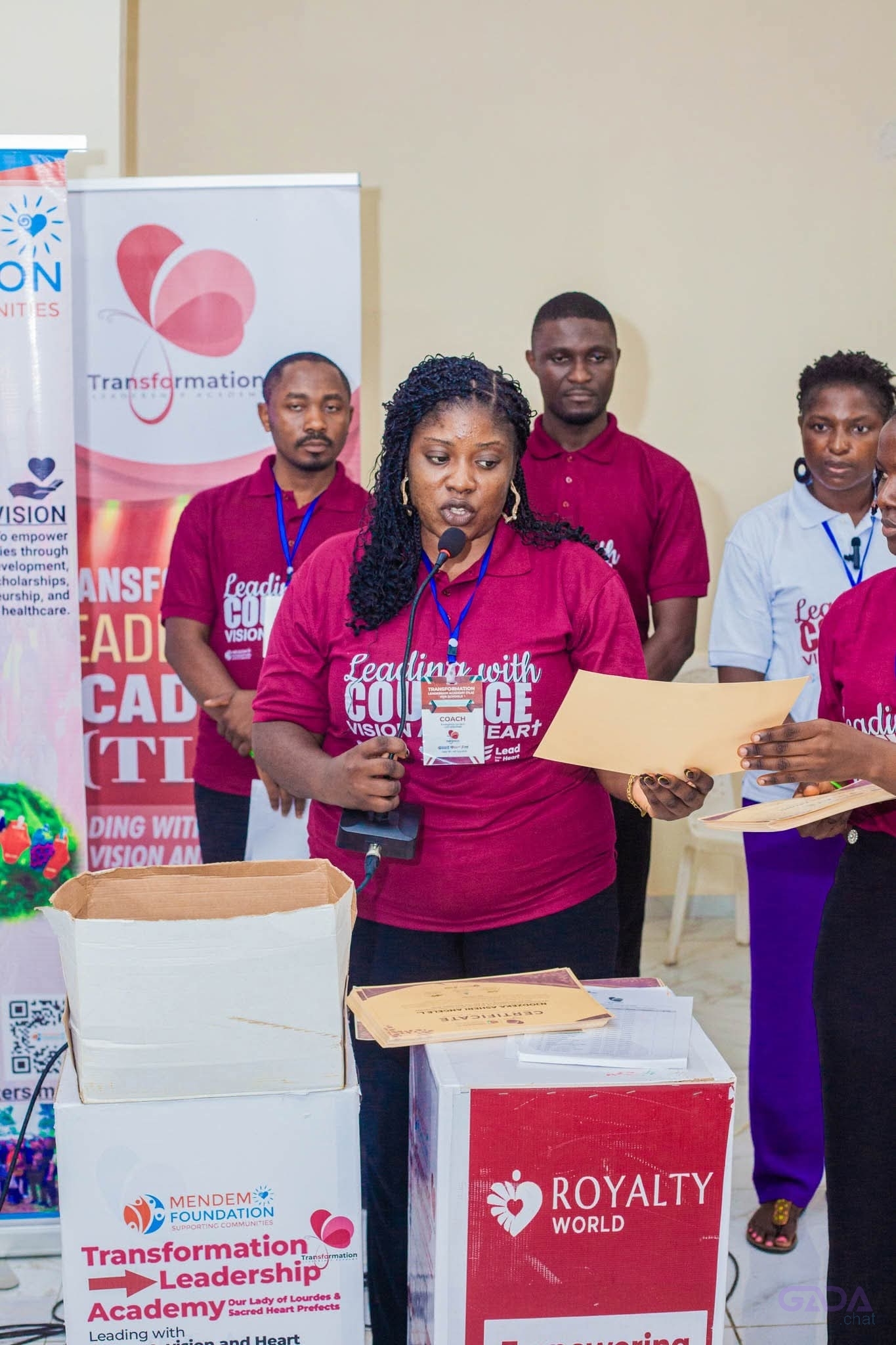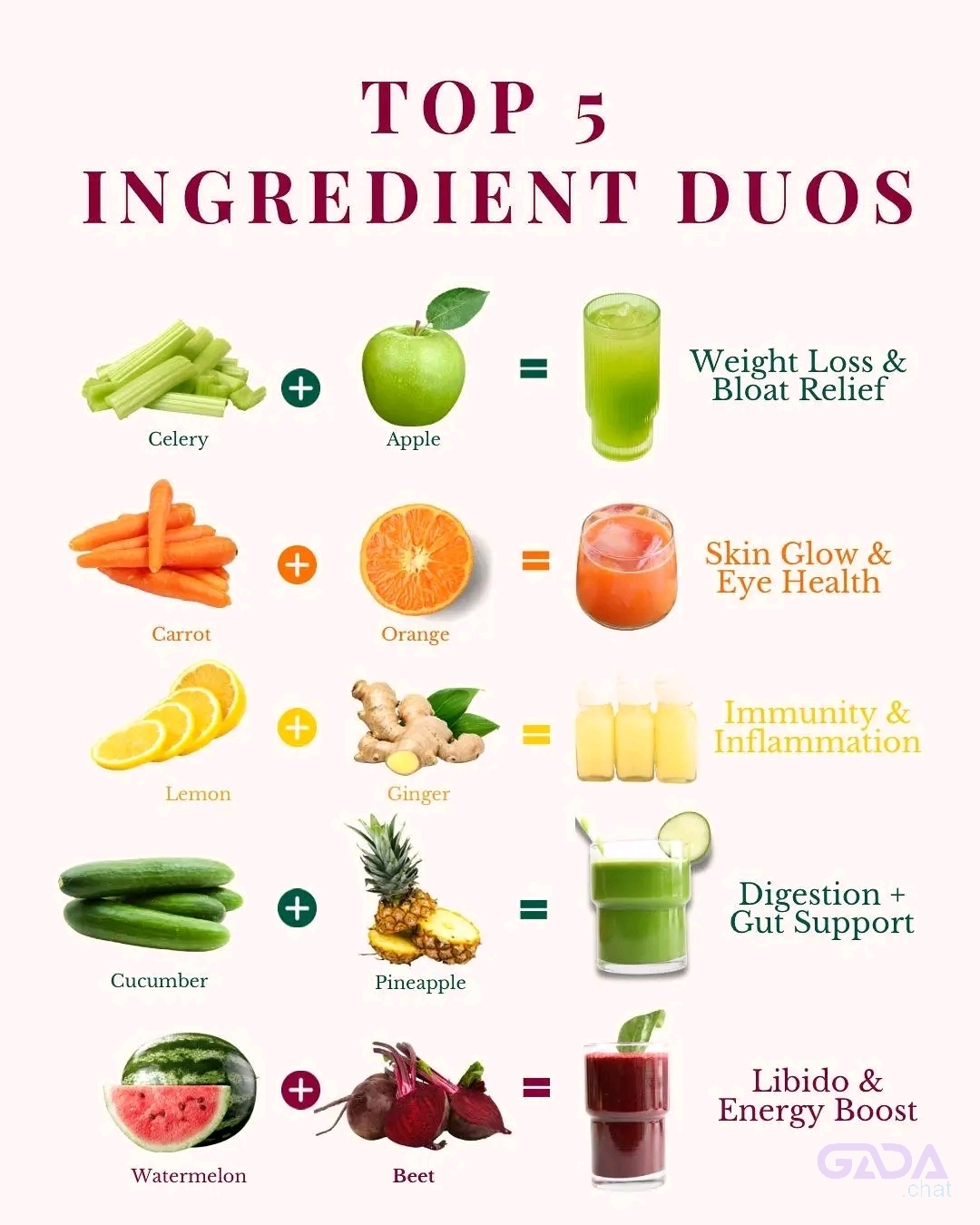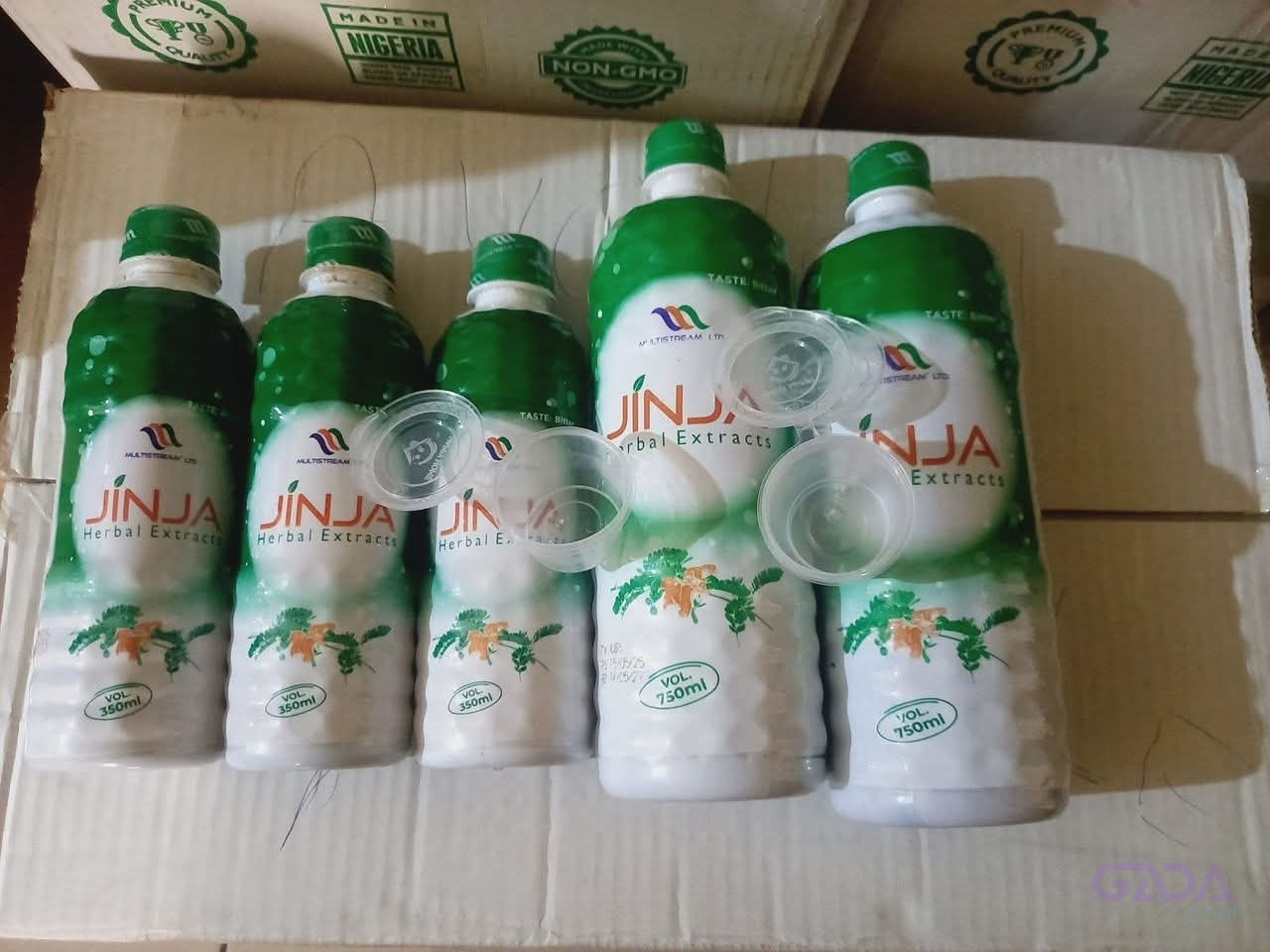Big sister advice I would give you, if I wasn't afraid of hurting your feelings but which I would share with you if you came for therapy
1. Growth & change both require loss. It's ok to grieve that loss too. You're constantly evolving & even the things we want come with consequences.
2. Overthinking is often decision making avoidance. There isn't a perfect choice. Choose & keep it moving.
3. You're keeping yourself stuck by repeating your limiting beliefs, waiting for the right time, & not being disciplined/ committed enough to enforce the changes you say you want to make. I'm holding your hand because change is hard. You've got this.
4. Cutting people off is often avoidance (obv not when safety is an issue).
5. Enforcing boundaries with yourself is essential work to meet your needs.
6. Be gentle with yourself. A bit of self compassion goes a long way, it's not fake or phony. It's ok to need support & have tough days too. You're not a machine, you're a human being.
7. Stop accepting blame for things that aren't your fault just to keep the peace.
8. Change in a relationship takes time & mutual effort. You can't do the work for two & keep Overextending. It's not sustainable.
9. Sleep & rest as much as you need (& your needs might change).
10. Don't down play your needs or desires- you matter too. Being low key or low maintenance is often a failure to self advocate because there were relational & emotional consequences for having needs & opinions. Raise your expectations here.
11. Feel your feelings. That's different from understanding your feelings. Feel them. Allow them.
12. Never make big decisions when you're experiencing a big emotion.
13. There is no prize for burning yourself out or achieving all the things. Overachieving is glorified in today's society - it has a cost too.
14. Stop settling for breadcrumbs. You deserve the whole cake not some a..hole who is unwilling to show up for you.
What would you add?
#stellaeyabi #kindness #wellness
1. Growth & change both require loss. It's ok to grieve that loss too. You're constantly evolving & even the things we want come with consequences.
2. Overthinking is often decision making avoidance. There isn't a perfect choice. Choose & keep it moving.
3. You're keeping yourself stuck by repeating your limiting beliefs, waiting for the right time, & not being disciplined/ committed enough to enforce the changes you say you want to make. I'm holding your hand because change is hard. You've got this.
4. Cutting people off is often avoidance (obv not when safety is an issue).
5. Enforcing boundaries with yourself is essential work to meet your needs.
6. Be gentle with yourself. A bit of self compassion goes a long way, it's not fake or phony. It's ok to need support & have tough days too. You're not a machine, you're a human being.
7. Stop accepting blame for things that aren't your fault just to keep the peace.
8. Change in a relationship takes time & mutual effort. You can't do the work for two & keep Overextending. It's not sustainable.
9. Sleep & rest as much as you need (& your needs might change).
10. Don't down play your needs or desires- you matter too. Being low key or low maintenance is often a failure to self advocate because there were relational & emotional consequences for having needs & opinions. Raise your expectations here.
11. Feel your feelings. That's different from understanding your feelings. Feel them. Allow them.
12. Never make big decisions when you're experiencing a big emotion.
13. There is no prize for burning yourself out or achieving all the things. Overachieving is glorified in today's society - it has a cost too.
14. Stop settling for breadcrumbs. You deserve the whole cake not some a..hole who is unwilling to show up for you.
What would you add?
#stellaeyabi #kindness #wellness
Big sister advice I would give you, if I wasn't afraid of hurting your feelings but which I would share with you if you came for therapy
1. Growth & change both require loss. It's ok to grieve that loss too. You're constantly evolving & even the things we want come with consequences.
2. Overthinking is often decision making avoidance. There isn't a perfect choice. Choose & keep it moving.
3. You're keeping yourself stuck by repeating your limiting beliefs, waiting for the right time, & not being disciplined/ committed enough to enforce the changes you say you want to make. I'm holding your hand because change is hard. You've got this.
4. Cutting people off is often avoidance (obv not when safety is an issue).
5. Enforcing boundaries with yourself is essential work to meet your needs.
6. Be gentle with yourself. A bit of self compassion goes a long way, it's not fake or phony. It's ok to need support & have tough days too. You're not a machine, you're a human being.
7. Stop accepting blame for things that aren't your fault just to keep the peace.
8. Change in a relationship takes time & mutual effort. You can't do the work for two & keep Overextending. It's not sustainable.
9. Sleep & rest as much as you need (& your needs might change).
10. Don't down play your needs or desires- you matter too. Being low key or low maintenance is often a failure to self advocate because there were relational & emotional consequences for having needs & opinions. Raise your expectations here.
11. Feel your feelings. That's different from understanding your feelings. Feel them. Allow them.
12. Never make big decisions when you're experiencing a big emotion.
13. There is no prize for burning yourself out or achieving all the things. Overachieving is glorified in today's society - it has a cost too.
14. Stop settling for breadcrumbs. You deserve the whole cake not some a..hole who is unwilling to show up for you.
What would you add?
#stellaeyabi #kindness #wellness
0 Comentários
0 Compartilhamentos
81 Visualizações
0 Anterior








